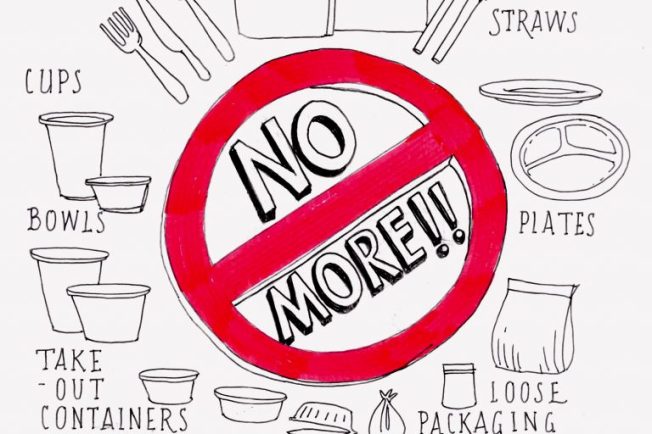Plastic Ban Debate
PLASTIC BAN DEBATE
India’s western territory of Maharashtra introduced a restriction on single-use plastics on March 23 this year. The boycott is to be authorized beginning June 23. Plastic contamination is the focal point of worldwide observances like Earth Day, Environment Day and Oceans Day this year. While Maharashtra’s boycott lines up with worldwide needs, specialists on ground feel it is frail in its present frame. Consistently, Indian urban areas create 15,000 tons of plastic misuse of which 9,000 tons are gathered and prepared/reused by an evaluation report of the Central Pollution Control Board (CPCB).
With plastic pollution in the international limelight this year, Maharastra’s ban on plastic stands out as a shining example in India’s larger effort to align with international priorities. The boycott has touched off much debate and got individuals discussing the hazards of plastic. Be that as it may, the individuals who are delving further into the modalities of the boycott record are concerned whether this could be yet another vacant risk in the state’s endeavors to control plastic contamination.
The “manufacture, usage, transport, distribution, wholesale and retail sale and storage, import of the plastic bags with handle and without handle, and the disposable products manufactured from plastic & thermocol (polystyrene) such as single use disposable dish, cups, plates, glasses, fork, bowl, container, disposable dish/ bowl used for packaging food in hotels, spoon, straw, non-woven polypropylene bags, cups/ pouches to store liquid, packaging with plastic to wrap or store the products, packaging of food items and food grain material etc.” has been banned in Maharashtra.

So, to sum up:
- Small tea vendors cannot give us tea in a thermocol cup but our new LED TV can still come packed in thermocol protection.
- We cannot walk around in the rains with your purse in a plastic bag to protect its contents but our average car still has around 150kgs of plastic being used in it.
- Our kids cannot carry their books wrapped in a plastic bag to protect them from rain, but they can eat Lays Chips sealed in plastic covers.
- We cannot buy loose milk in a plastic bag or container from our local dairy but we can get pre-packed milk in plastic bags delivered to our home.
- We cannot buy loose daal from a local store and pack it in plastic bag, but we can buy Adani Wilmar Dal packed in plastic bags from a departmental store.
We will be fined Rs. 5000 minimum for using plastic bags or containers because we don’t have an alternative but the Corporates are given an open clean chit to use plastic and thermocol till an alternative is found. So is this really an environmental issue tackling or is it a move to kill the poor unorganized trader section and boosting Corporate sales.
Not every person supports plastic-bag bans or expenses. Here are reasons why:
- Some contend those measures put an unjustifiable weight on customers. Others say that prohibiting plastic packs or charging for them makes hassles for store proprietors.
- Another significant contention against restricting or charging for plastic bags is that doing as such would build the utilization of paper bags. In some ways, paper bags are as awful or more terrible a risk to nature than plastic bags.
- Not at all like plastic bags and paper bags are biodegradable. Nonetheless, keeping in mind the end goal to biodegrade, they should be presented to air—which does not occur in landfills.
- Creating paper bags requires chopping down a huge number of trees. Paper bag generation likewise requires a lot of water and contaminates the earth.
So whether we choose plastic bags or paper bags, it will be a trade-off between what’s best for the environment and to all public in general. We have to come up with a solution which suits all public, not only the big businesses. At the same time, it should not harm the environment.
Thanks